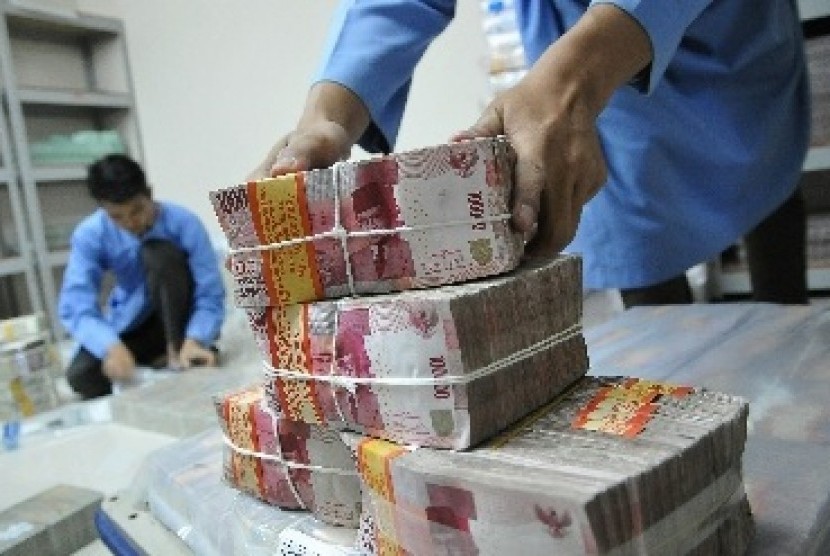REPUBLIKA.CO.ID, SUNGAI RAYA -- PT Sarana Multi Infrastruktur (PT SMI) is financing two mega development projects of the Supadio international airport and the Sosok-Tayan road, according to the company's President Director, Darwin Trisna Dajawinata.
"Out of the total budget of Rp300 billion for the construction of the terminal-2 of Supadio airport, PT SMI has channeled Rp90 billion, while for the construction of the Sosok-Tayan road, the company has allocated Rp80 billion of the total budget of Rp465 billion," Darwin remarked here on Wednesday.
He explained that the Rp90 billion funds had been disbursed to contractor company PT Hutama Karya to construct the airport terminal, while funds worth Rp80 billion had been handed over to PT Patria Perkasa to build the Sosok-Tayan road.
In the meantime, the company's Senior Vice President Wismanto Bimam Kusumaedi noted that PT SMI was an infrastructure financing company established in February 2009 as a state-owned firm, with 100 percent shares owned by the Government of Indonesia through the Ministry of Finance.
"This is an opportunity for the local governments, which have limited budget to build infrastructure, as PT SMI can help them," Kusumaedi affirmed.
According to Kusumaedi, PT SMI plays an active role in facilitating infrastructure financing as well as preparing projects and offering advisory services for infrastructure projects in Indonesia.
PT SMI carries out its duties of supporting the government's infrastructure development agenda in Indonesia through partnerships with private and/or multilateral financial institutions in Public-Private Partnership projects.
As such, PT SMI can serve as a catalyst to accelerate infrastructure development in Indonesia.
In line with the government's plan to transform the company into an Indonesian Development Financing Institution, sectors that can be funded by the firm not only include basic infrastructure but also cover social infrastructure.
PT SMI can finance sectors including toll road and bridges, transportation, oil and gas, telecommunication, waste management, electricity, irrigation and waterways, and water supply.
The company can fund educational facilities as well as urban, regional, tourism, health, and prison projects in the social infrastructure sector.


